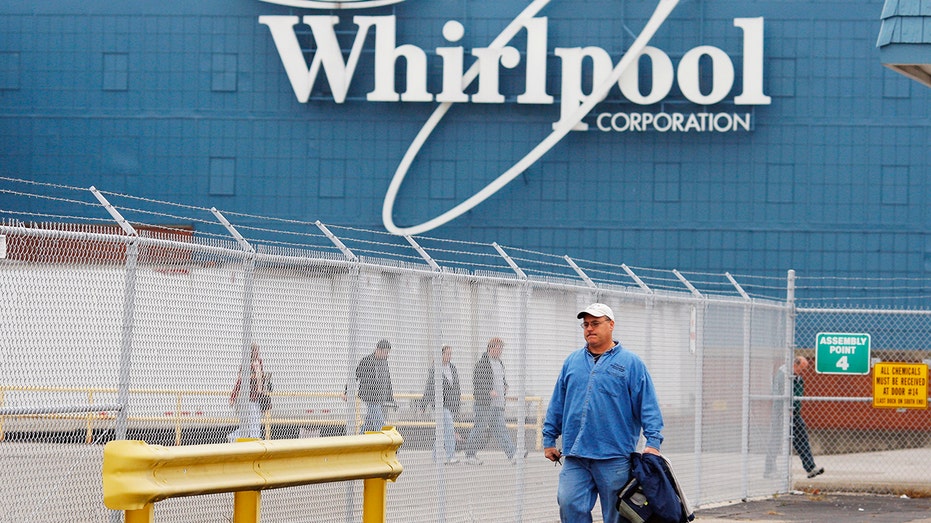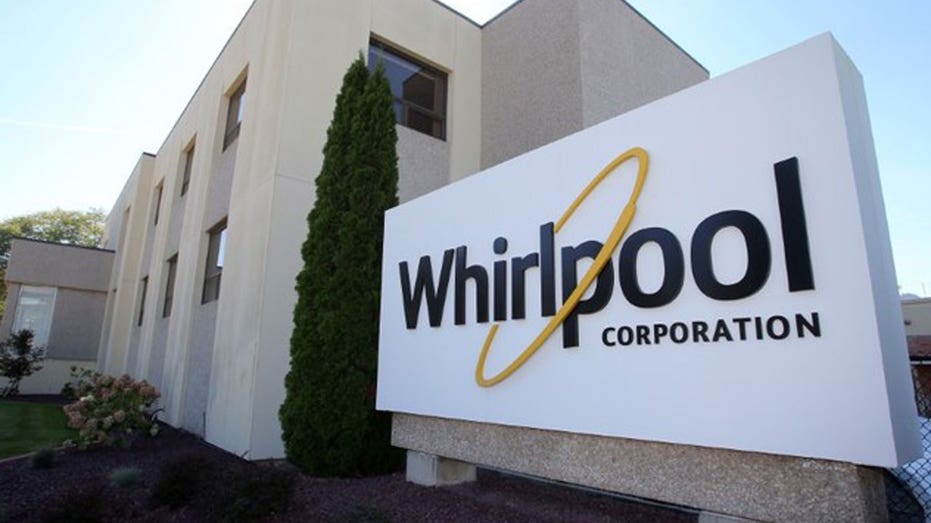Whirlpool says consumers’ appliance demand is waning, as costs mount
Appliance maker cuts sales forecast, begins strategic review of Europe, Middle East and Africa division
Whirlpool Corp. said U.S. consumers’ demand for appliances is slowing two years into the pandemic, as the dishwasher and refrigerator maker cut its sales forecast and said it would review an international division.
| Ticker | Security | Last | Change | Change % |
|---|---|---|---|---|
| WHR | WHIRLPOOL CORP. | 86.52 | +1.43 | +1.68% |
Whirlpool said Monday that sales fell 8.2% in its first quarter of this year compared with the same quarter a year before. The company said revenue over the three months ended March 31 remained 14% higher than the first quarter of 2020, indicating that people are continuing to spend more on appliances than before the pandemic.
In the months following the start of Covid-19-related restrictions, people increased purchases of long-lasting products like chairs for home offices, boats for recreation and appliances for home cooking. That extra demand has continued, benefiting manufacturers like Whirlpool. However, many factories struggled to keep up with all of their orders, boosting prices and leaving some goods hard to get.
WHIRLPOOL WARNS INFLATION TO DELIVER $1B BLOW
Now, Benton Harbor, Mich.-based Whirlpool said that the demand is starting to level out or decline at the same time that inflation is driving costs higher. Whirlpool said that industrywide volumes in North America declined 4% in the quarter from a year before, but remained 24% above 2019 levels.
Whirlpool said it now expects that the appliance industry in North America won’t grow this year. The company had previously expected up to 3% growth.

A worker walks out of the Whirlpool plant at the end of his shift in Evansville, Indiana November 23, 2009. (REUTERS/Brian Snyder (UNITED STATES BUSINESS EMPLOYMENT))
Shares rose 0.9% in post-market trading, as the company reported higher than expected earnings per share.
Whirlpool said it was starting a strategic review of its operations in Europe, the Middle East and Africa. Sales to the region last year accounted for about 23% of the company’s total revenue. Whirlpool said that being a large player in a specific region or country has gained importance compared to having a big global presence, because of geopolitical tension, rising freight costs and increased tariffs.
The company also said that Russia’s invasion of Ukraine was hurting demand in Europe and driving up Whirlpool’s costs in the region.
Whirlpool projected up to $1.75 billion of additional material inflation this year, primarily driven by rising steel and resin costs. That is $600 million more than its previous estimate.

The company also cut its revenue forecast, forecasting up to 3% revenue growth this year, instead of the 6% it was aiming for previously.
GET FOX BUSINESS ON THE GO BY CLICKING HERE
Net income in the quarter fell 28% to $313 million. Earnings per share declined to $5.33 from $6.81 in the same quarter a year ago. The company reported adjusted earnings per share of $5.31, down from $7.20. Analysts polled by FactSet were expecting earnings per share of $4.79.




















